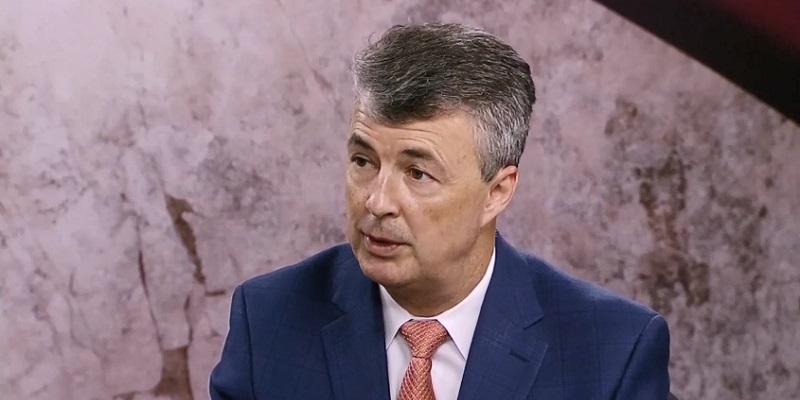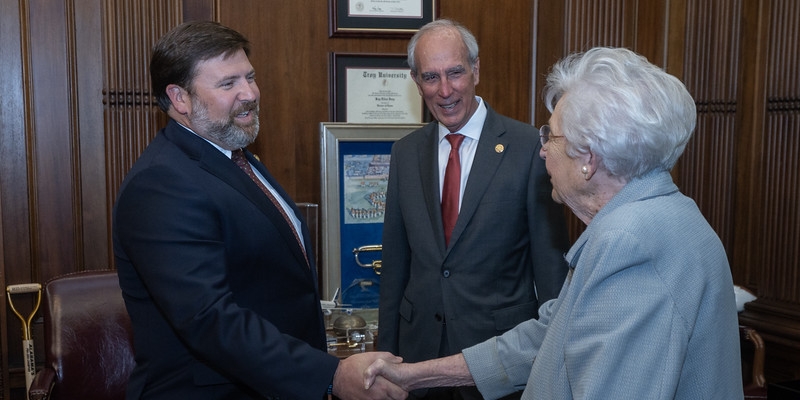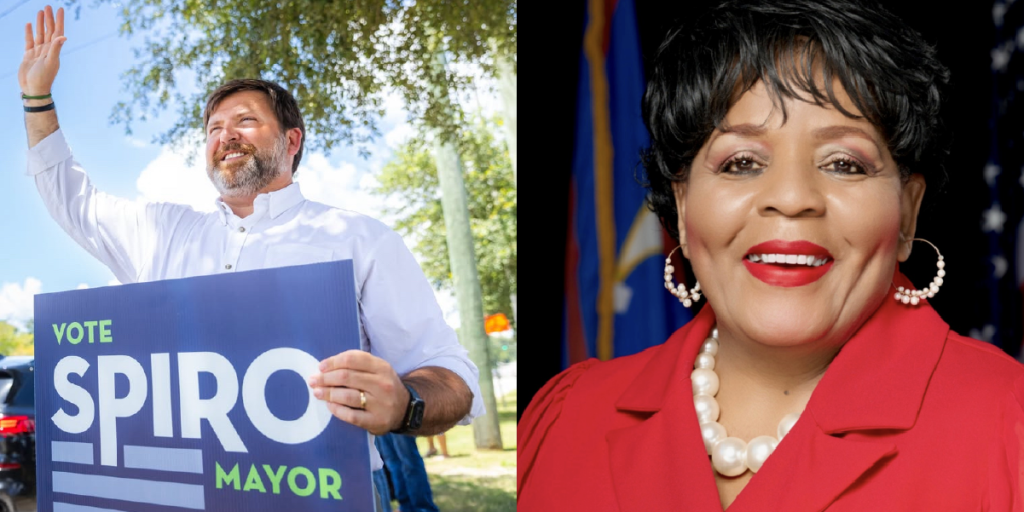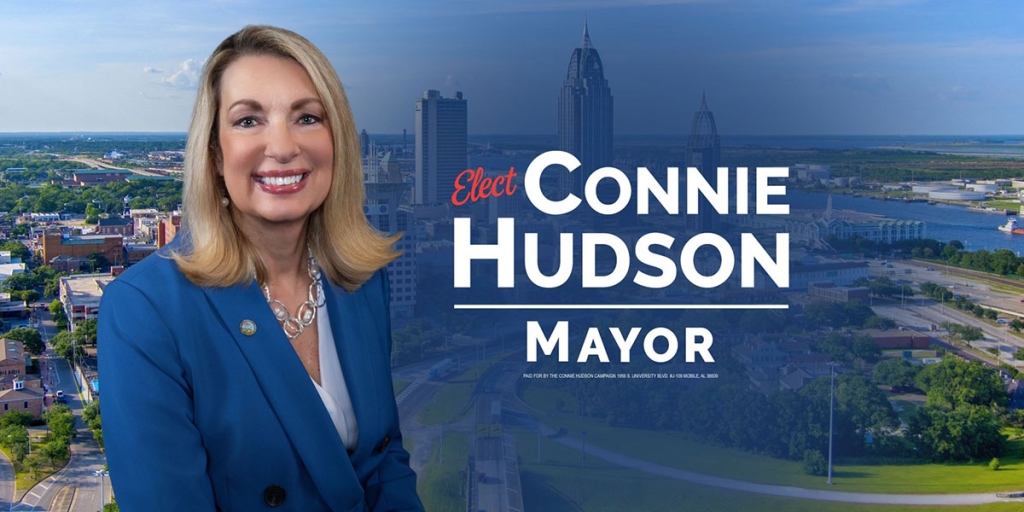The 2017 Alabama Memorial Preservation Act is being put to the test in the wake of the protests stemming from the death of George Floyd while in the custody of Minneapolis police.
Those protests have led to the removal of two statues in two of Alabama’s major cities, Birmingham and Mobile, at the direction of the cities’ two mayors, Birmingham Mayor Randall Woodfin and Mobile Mayor Sandy Stimpson.
However, Alabama Attorney General Steve Marshall says his office is limited in what it can do in response to those two mayors. During an interview with Huntsville radio’s WVNN, Marshall indicated a more aggressive approach would require changes to the law by the legislature.
“The reality is our power is limited under the authority given to us by statute,” he said. “And to the extent the legislature wants there to be greater enforcement authority vested in the attorney general, then we would have to amend the law to do so.”
Without that authority and some city officials apparently willing to bow to mob rule, Marshall warns of the “slippery slope.”
He said, “Just think about right now — if George Soros, for example, decided he wanted every monument of a certain type down in this state, he could reach in his pocket and say, ‘City of whomever, I give you this money. Do what we ask you to do.’ I think you’re not only, in this situation involving the monuments, generally to the extent that policy is made and political decisions are made based upon mob rule, then we are obviously on a very slippery slope going forward.”
Regarding the situation in Mobile with the removal of a statue of the Confederate Navy’s Admiral Raphael Semmes, Marshall said he was awaiting details from City officials before taking action.
“The law provides separate obligations on cities and counties depending on the age,” he explained. “If it is there for less than 20 years, there is greater local authority. If it is there for 20-40 [years], then it allows for a committee to be involved in a discussion about what a city may do. But if it is more than 40 years, there really is no discretion granted. One thing we’ve done is we’ve written a letter to the City of Mobile to ask them what their intentions are. We’ve seen some public statements it was only a temporary move. Obviously, if they were to protect it from something about to happen imminently, then put it back — that’s a different story. But we’ll wait to hear from the City to announce what their intentions are.”
“The reality is if it is taken away from that location, and it is moved somewhere else, then it is a violation of the act,” he added.
@Jeff_Poor is a graduate of Auburn University and the University of South Alabama, the editor of Breitbart TV, a columnist for Mobile’s Lagniappe Weekly and host of Huntsville’s “The Jeff Poor Show” from 2-5 p.m. on WVNN.












